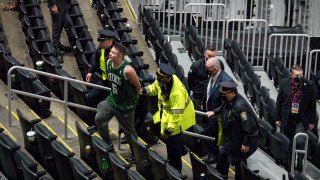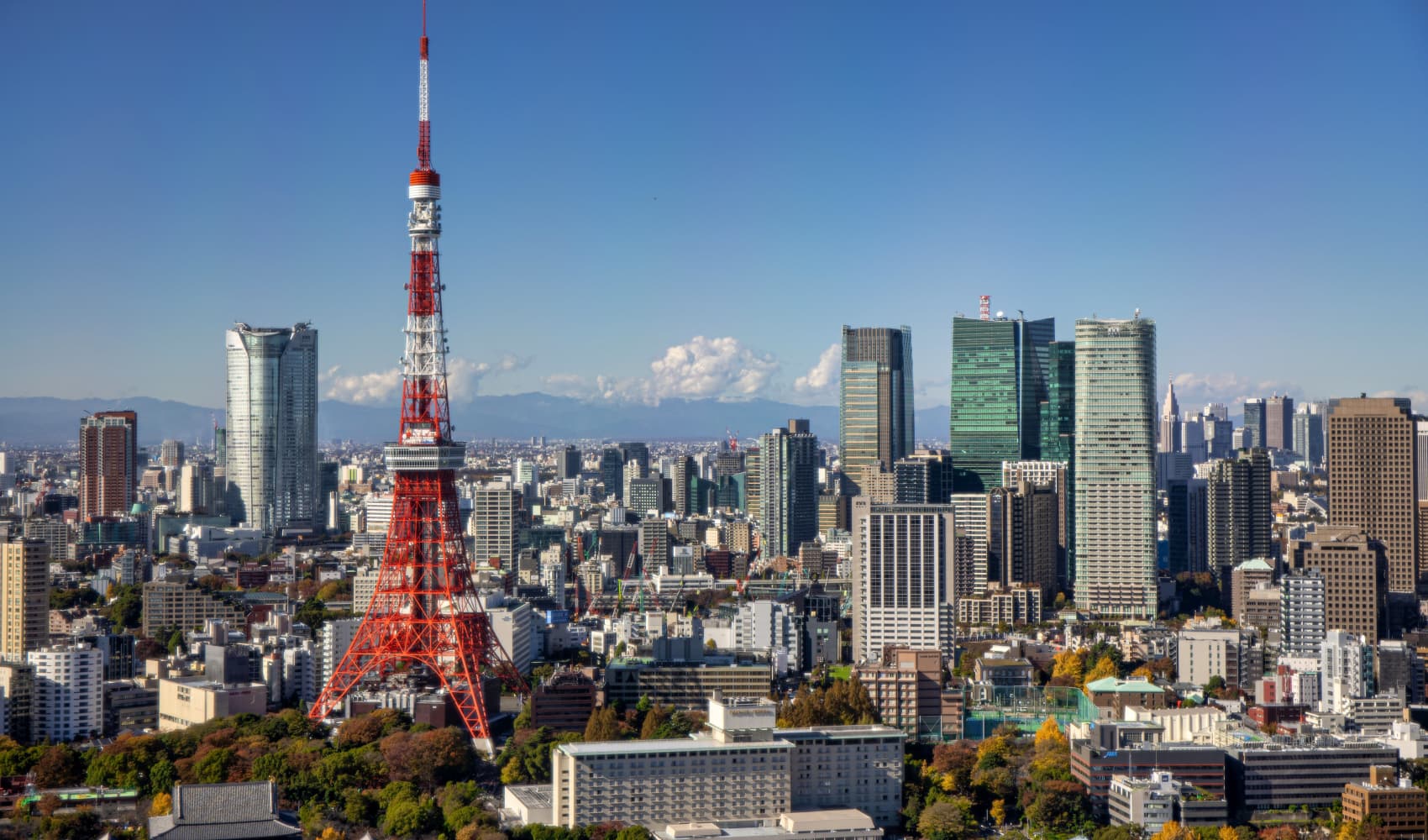
- American and Southwest airlines recently stopped serving alcohol after an uptick in violence during flights.
- Rowdy NBA fans involved in recent incidents have been banned from arenas, some even arrested.
- Target pulled back on selling sports trading cards after a violent dispute.
Crime's up. Tempers are up.
Across the United States, businesses are grappling with an astonishing rise in what can only be called "people behaving badly."
Get Philly local news, weather forecasts, sports and entertainment stories to your inbox. Sign up for NBC Philadelphia newsletters.
Retail workers have been subjected to horrifying attacks based on their race, gender identity or disability. Flight attendants have been verbally — and occasionally physically — assaulted. Aggressive driving has led to road rage, with deadly consequences. Shoppers are brawling in the aisles.
Experts are pointing to soaring stress levels as the trigger for the rise in these types of incidents.
The not-so-friendly skies
Money Report
In May, a flight attendant for Southwest Airlines had two teeth knocked out by a furious passenger, according to law enforcement who arrested the woman in San Diego. It was just one of the latest examples as airlines struggle with an unprecedented onslaught of confrontations.
"We can say with confidence that the number of reports we've received during the past several months are significantly higher than the numbers we've seen in the past," said Ian Gregor, a spokesman for the Federal Aviation Administration.
The FAA tracks incidents with problem passengers and says issues surrounding face masks have been a contributing factor.
Union reps have described the situation as an "epidemic of aggression and assault."
Alcohol also can be a factor. Both Southwest and American Airlines have decided not to resume in-flight alcohol sales right now because of the unruly behavior.
Indefinite bans for NBA fans
NBA fans returning to arenas is a welcome sight for the league, which was reportedly $1.5 billion short of revenue expectations last season as the pandemic resulted in lost ticket sales. Yet, the return of fans has brought a host of new problems.
For example, in Boston, a 21-year-old Celtics fan was charged with assault and battery by means of a dangerous weapon, after heaving a water bottle at Brooklyn Nets star Kyrie Irving as he left the court at TD Garden.
In New York, Atlanta Hawks guard Trae Young got spit on during a playoff game against the Knicks at Madison Square Garden. And Washington Wizards star Russell Westbrook got popcorn dumped on him by a fan as he left the court with an injury.
"To be completely honest, this s--- is getting out of hand. ... The amount of disrespect, the amount of fans just doing whatever the f--- they want to do ... it's just out of pocket," Westbrook said in a postgame press conference.
The league issued a statement on the recent behavior and made changes to its fan code of conduct as a result.
"The return of more NBA fans to our arenas has brought great excitement and energy to the start of the playoffs, but it is critical that we all show respect for players, officials and our fellow fans," the NBA said.
Many of the teams impacted are not tolerating the bad behavior, placing indefinite bans on rude fans attending future games.
"Something's gonna happen to the wrong person and it's not gonna be good," warned Portland star Damian Lillard.
Retailers team up
It's not just sports stadiums and arenas. The retail industry is also seeing an uptick in bad behavior, often targeted toward employees. According to Emily May, co-founder and executive director of the nonprofit Hollaback!, retailers are seeing an alarming rise in discrimination where floor staff are being targeted for who they are when enforcing safety measures.
"Given the rise in hate violence — which is at an all-time high — frontline workers are more vulnerable than ever," she said in a statement.
It's gotten so bad that at least a dozen retailers including Gap, Dick's Sporting Goods and Sephora have teamed up to collaborate on a campaign with the nonprofit Open to All.
"We are trying to create a movement where everyone comes together around the values of inclusion and safety, where we all can be safe and accepted and belong for who we are," said director Calla Devlin Rongerude.
"We haven't been in crowds, we haven't negotiated spaces with a lot of other people for quite a while. I think we're out of practice with how to be human with each other," she added.
As part of the campaign, the participating retailers will have access to a toolkit and other resources to support front-line workers.
Grown men fighting over Pokemon cards
As the resale value of Pokemon and sports cards has skyrocketed during the pandemic, retailers such as Target and Walmart have seen firsthand the impact: grown men getting in physical altercations over these cards.
Last month, a 35-year-old man pulled a gun when he was attacked by a group of men in a trading-card related fight. It forced Target to temporarily pull the trading cards from its stores.
"The safety of our guests and team members is our top priority," Target said in a statement.
The retailer said Pokemon cards have since returned to the store but customers are subject to strict purchase limits of two packs per guest. The sale of MLB, NFL and NBA trading cards is still limited to Target's website.
Remember 'the Golden Rule'
Whether it's aggressive driving or tempers on full display in restaurants, gas stations or Little League games, the bad behavior is caused by a confluence of factors, according to Thomas Plante, a psychology professor at the University of Santa Clara.
"We've got a tsunami of mental health issues out there, with anxiety and depression," Plante said, adding that our collective stress levels have never been higher.
People are juggling multiple stressors, he said. Among them: the pandemic, death, illness, job loss, homeschooling kids, isolation and other challenges. That frustration can lead to aggression.
There's also "observational learning," Plante said, explaining that when people see bad behavior all around them, even by so-called role models, they are more likely to repeat it.
"People model behavior of others, especially highly valued models, like ... well-known politicians," Plante said. "People look at how they behave, which has been pretty bad, and they go and do likewise."
What will reverse the trend? Plante's suggestion sounds like something one might hear from the pulpit or a parent: Treat others the way you want to be treated.
"People have kind of gotten out of practice about how to behave in public, and how to behave in a polite, civil society," Plante said.
The Golden Rule can help us get back on track.
Correction: This article has been updated to reflect that Ian Gregor is a spokesman for the Federal Aviation Administration.






